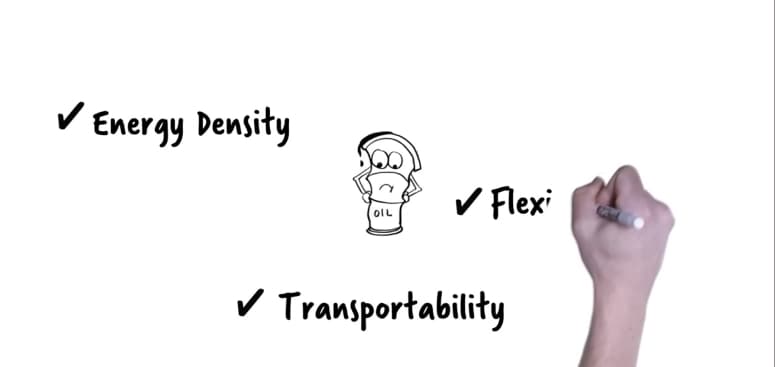Expert Articles & Updates
In an opinion piece post in the February 7, 2024 issue of the Westerly News, Bruce W. Uzelman nailed...
It is rare that a scientist or someone as technically accomplished as Art Berman writes a succinct article on something...
Canadian banks, Bank of Montreal, ScotiaBank and TD Bank, are funding the mass-immigration advocacy group, Century Initiative (** link below)...
Calls in the media and from politicians for “growth” have been non-stop for decades even as our social and environmental...
Canada’s policy of mass-immigration, by adding 12 million people to our population over the past 40 years, has had a...
Ageing is a natural trend towards an increase in the proportion of older people in our population and will continue...
“Canada faces a grim future of unaffordable housing, substandard health care [...] That is a recipe for economic decline, if...
The choice of whether to continue the total commitment to the pursuit of growth or to change and embark on...
An honest constructive dialog around immigration is today as important as it is difficult....
Spread the Word
Share our message. Link to our site from your own, share us on social media, talk about the issues we share here on community boards. You are free to use our logos and information to help share our message – whatever you can do to get the word out about what we’re doing will help bring more awareness to our cause and the need for a more sustainable Canada.

Follow Along on Canada's Path to Sustainability
Stay in touch with us so we can share news, updates, and let you know about anything more you can do to affect change in Canada, and globally. This is by far the best way to stay in touch – make sure you mark our contact as safe where necessary to avoid our emails getting buried in spam or promotional folders.
Follow us on social media

